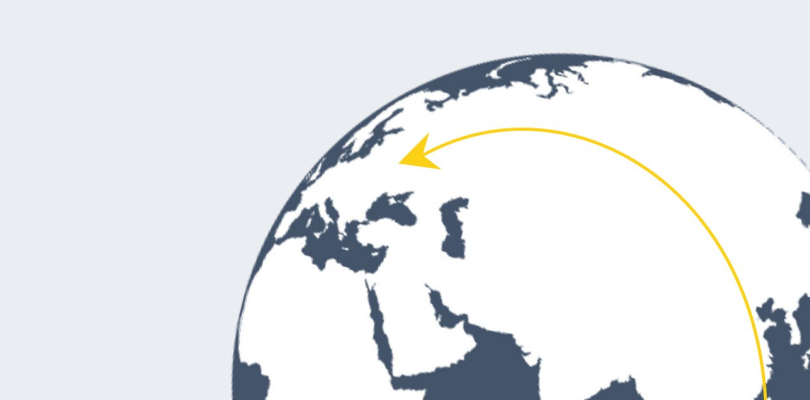Millions of people from the Philippines have migrated abroad for employment, seeking a better life and improved economic status for themselves and their families. Recruitment mechanisms for migrant workers from the Philippines to European countries are heterogenous, as they vary based on the
demographics of each worker, the specific laws of the host country, the practices of the employer and labor recruiters, and prevailing conditions in specific sectors. In spite of this diversity of experiences, unethical and opaque recruitment practices are a common thread throughout stories of exploitation and forced labor risk, regardless of sector or the destination country in Europe.

